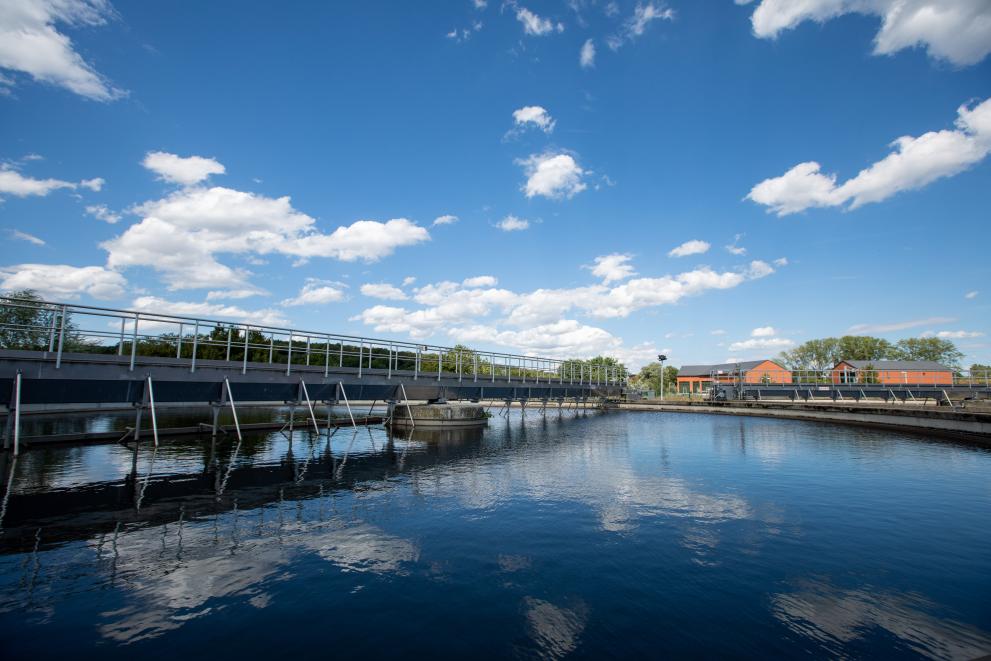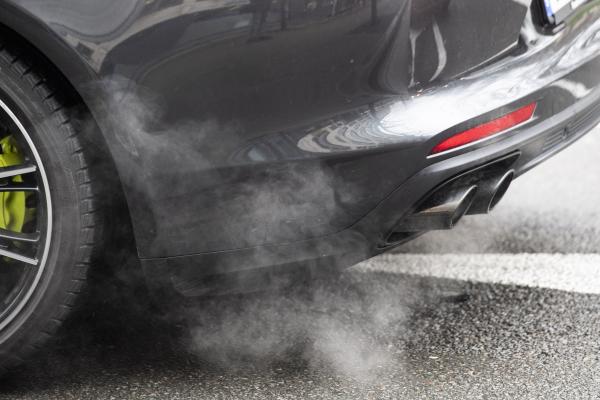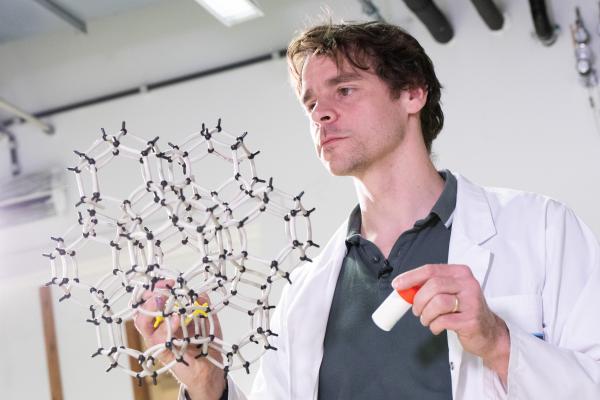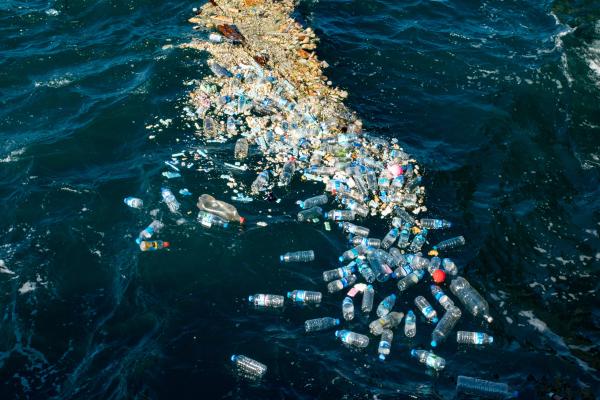
Access to water is a major challenge and, in many regions, water is now scarcer than ever. With demand increasing, managing water resources efficiently is vital for ensuring global food production, economic development, the well-being of communities, and for preserving our ecosystems.
Agriculture currently uses 70% of global freshwater. As populations grow, more land will be required for farming to meet global food demands putting water resources under even greater stress. Reusing treated wastewater to grow crops could ease this pressure while encouraging sustainable management of freshwaters.
A new Nature Reviews article, co-authored by JRC scientists, explores the potential benefits and limitations of using treated wastewater for irrigation. Advancements in water treatment technology allow for more reclaimed water to be used where freshwater is scarce or absent.
Untapped potential
In Europe, wastewater is already reused for irrigation in some areas, but there is potential to use much more. About a billion cubic meters of treated wastewater are reused for irrigation in the EU every year, but JRC scientists have calculated that 6 times this amount could be reused – a volume roughly equivalent to that of Lake Lugano, in northern Italy.
Low awareness of the potential for wastewater reuse and lack of a coherent, supportive framework to encourage it have been major obstacles. The recent European Water Reuse Regulation harmonises the quality parameters for the reuse of water in the EU for agricultural irrigation to help unlock this full potential.
In addition to alleviating pressure on freshwater resources, water reuse has other benefits. For example, treated wastewater offers a more predictable water supply for farmer that can thus better plan their crops. Moreover, reclaimed water can be rich in nitrogen, potassium and phosphorus, nutrients. Careful management of this nutrient rich water, mindful of issues such as eutrophication in some areas, can help decrease the use of artificial fertilisers, leading to cost savings and a reduced environmental impact in farming.
Addressing the risks
The reuse of treated wastewater must come with safeguards to mitigate potential risks.
Wastewater can contain micropollutants and other contaminants, such as biocides, micro-plastics, pharmaceuticals, or bacteria that have grown resistant to antibiotics. Several effective treatments exist for removing these potentially harmful substances from reclaimed water so it could be safely used in irrigation.
The JRC's evidence-based scientific support to policymakers has been instrumental in establishing the regulatory water quality and risk management requirements for water reuse. JRC's guidelines help operators and farmers to manage potential risks and ensure water reuse is safe for human and animal health and the environment.
Further collaboration between international organisations, governments, academia, industry, and communities is essential if we are to maximise the benefits of treated wastewater management. But doing so and promoting sustainable water practices will be one step towards ensuring food security for growing populations and addressing global water scarcity.
JRC scientific publications supporting water reuse policy:
JRC Science for Policy Report - The potential of water reuse for agricultural irrigation in the EU: A Hydro-Economic Analysis
JRC Science for Policy Report - Minimum quality requirements for water reuse in agricultural irrigation and aquifer recharge
JRC Technical Guidance - Water reuse risk management for agricultural irrigation schemes in Europe
Sources
Details
- Publication date
- 7 June 2024
- Author
- Joint Research Centre
- JRC portfolios




